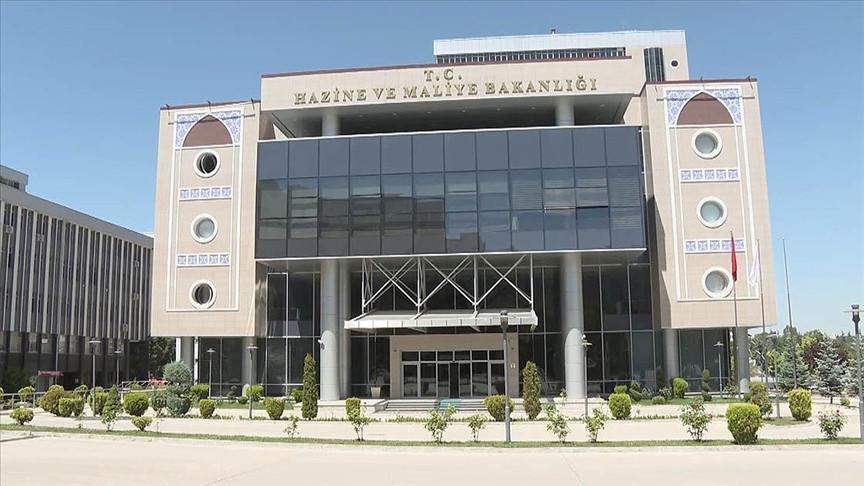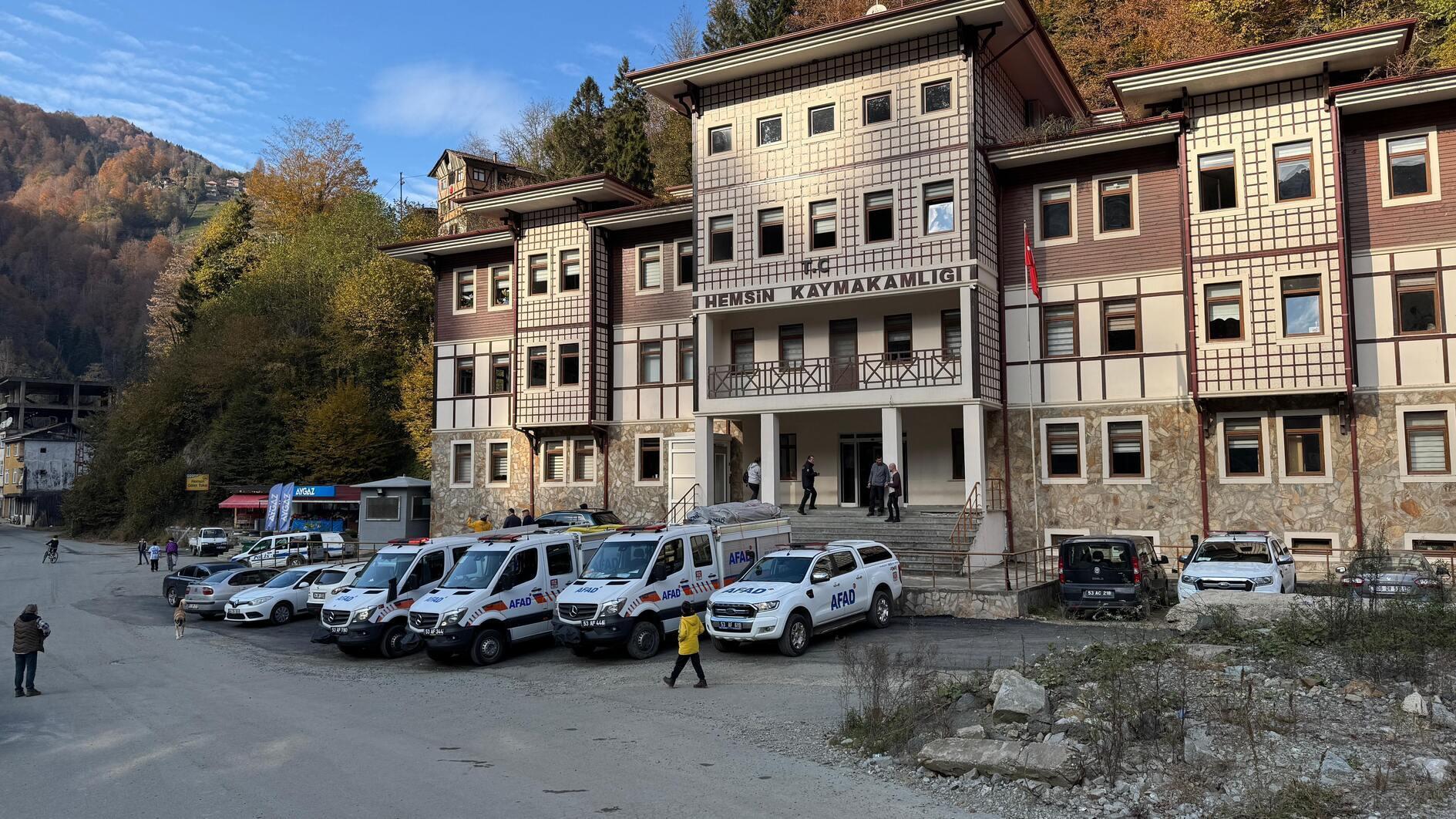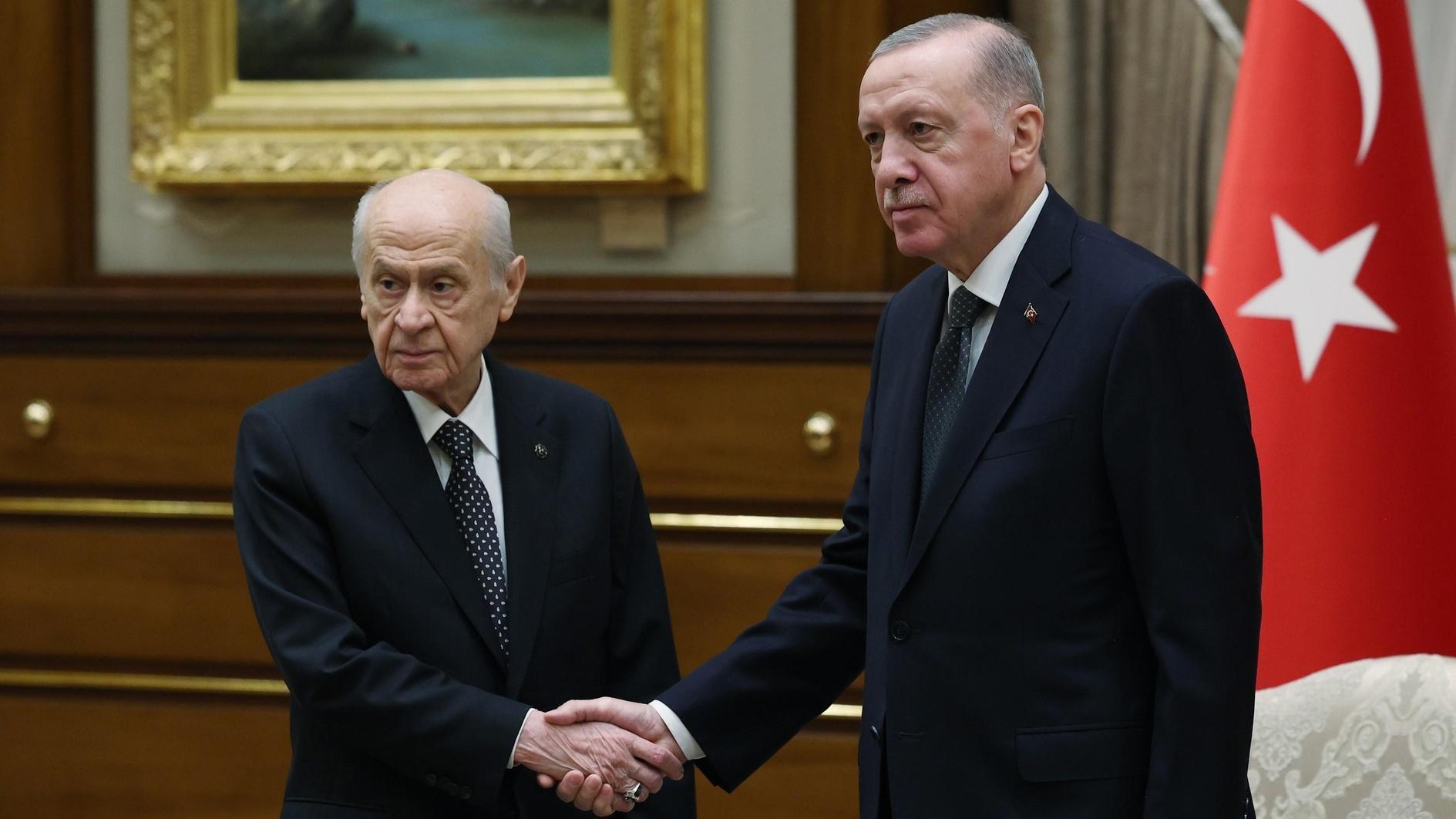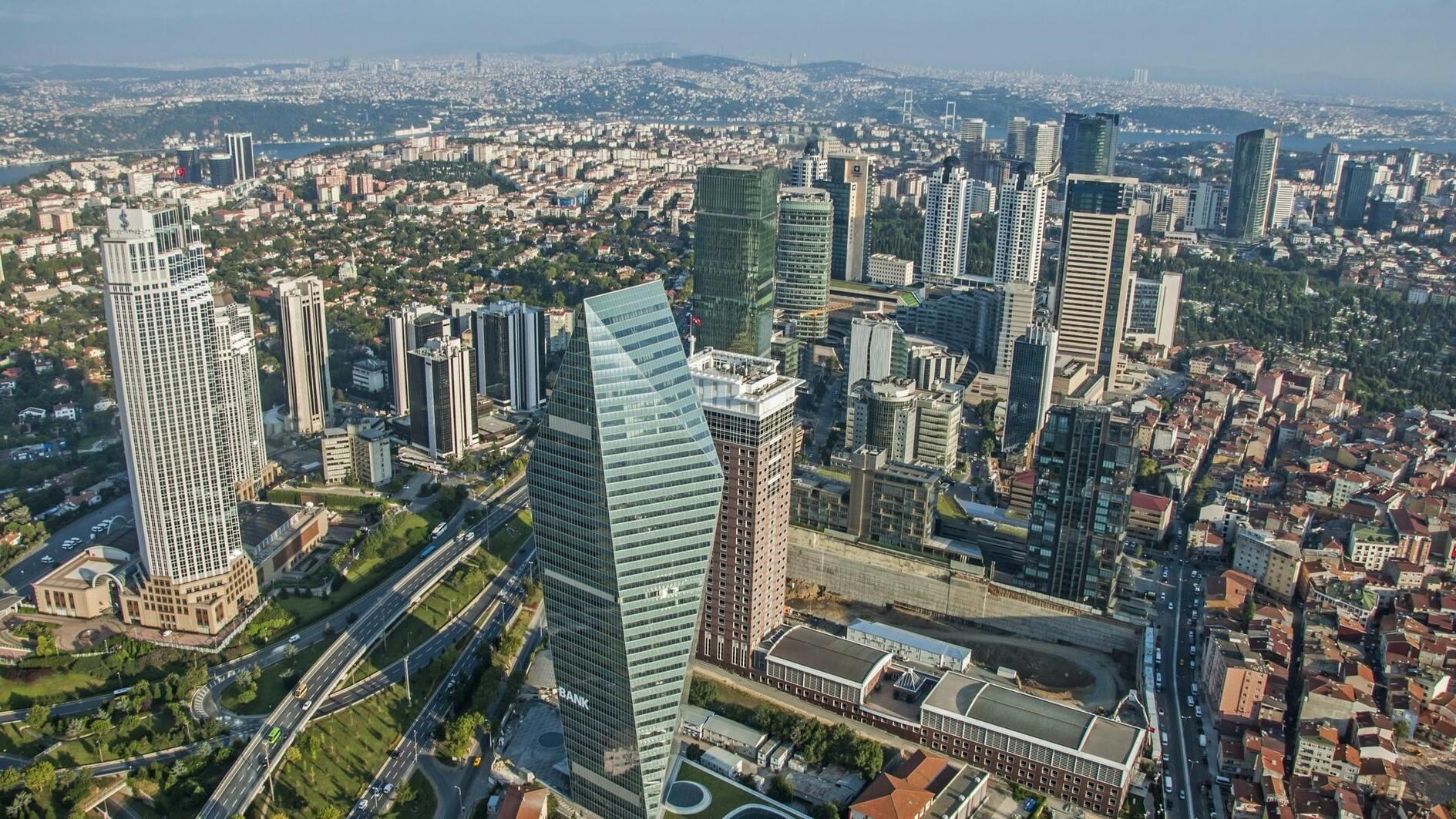Energy is the significant topic of World Economic Forum
After the famous “one minute” incident in Davos, the “strained relations” ongoing between Prime Minister Recep Tayyip Erdoğan and the World Economic Forum (WEF) now have a happy ending in Istanbul.
The World Economic Forum, organized in Istanbul for the third time, succeeded in gathering under one roof what is known as MENA (the Middle East and North Africa) and Eurasia.
The WEF CEO Klaus Schwab, who just arrived in Istanbul from the WEF East Asia Summit in Thailand, held a very important energy meeting before hosting Prime Minister Erdoğan onstage.
Moderated by Cüneyt Zapsu, the “New Energy Corridors” panel had quite an interesting spectrum of speakers.
On the one hand, we listened to oil and gas producing countries; on the other hand, there were buyers such as Turkey and Italy.
In a panel where on one side there were oil and gas producing countries and the other were buyers as Turkey and Italy, and where Turkish Energy Minister Taner Yıldız was one of the panelists, in my opinion the most important two participants were North Iraq Kurdistan Regional Administration’s Natural Resources Minister Ashti Hawrami and Azerbaijani Energy Minister Natik Aliyev.
Before I go on to Hawrami’s speech, I want to make a reminder here.
Chief economist of International Energy Agency Fatih Birol said the other day that Iraqi energy would become increasingly important: “There are three important countries for Turkey with regards to energy: Iraq, Iraq and Iraq.”
Hawrami’s words seem to justify this analysis.
Stressing that Iraq is a country which everyone has high hopes for and one which everyone monitors closely, Hawrami said the country needed the correct market-focused policies to open up the natural resources of the country to the world.
The figures given by the natural resources minister are important. He said they started producing oil in Northern Iraq only a few years ago, with just one barrel a day.
The area will reach 1 million barrels a day by 2015 and 2 million barrels by 2019.
Hawrami emphasizes that there are serious oil reserves in Northern Iraq. He does not say exactly how much those reserve are, but according to energy experts, the figure is around 45 billion barrels.
The natural gas reserve is around 6 trillion cubic meters.
The market needs these reserves, according to Hawrami, so the private sector and pipelines are currently at the planning stage.
Northern Iraq, especially from the angle of energy, promises a bright future. However, in order for the projects to be built, domestic stability is a must.
“Iraq has to solve its own domestic issues. We are considering a federal structure, but there are still those who favor a centralized administration. After this stage, a return back to old Northern Iraqi politics is unimaginable,” Hawrami said.
He also said they were ready to share with Iraq the oil and natural gas revenues of Northern Iraq that they were planning to sell in international platforms.
Azerbaijani Energy Minister Natik Aliyev, though, openly declared that interest in the famous Nabucco pipeline, which has been spoken of for many years, has died.
Energy Minister Taner Yıldız used a softer tone against Aliyev who said, “There is no need for Nabucco now that Turkey and Azerbaijan have signed the Trans-Anatolia pipeline agreement.”
Yıldız said Nabucco might turn into something else, and that its name and its route might change.
On the first day of the World Economic Forum in Istanbul, as I mentioned, significant messages about energy have come out.
We can also obtain important clues about what kind of course the Arab Spring may take from now on, in the interview Coca Cola’s CEO Muhtar Kent will make with Tunisian Prime Minister Hamadi Jebali, or in the panel about the future of Syria.











